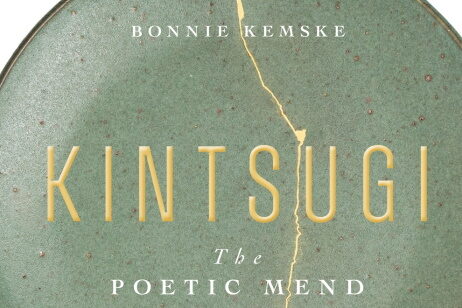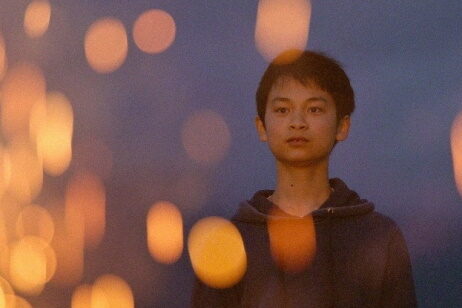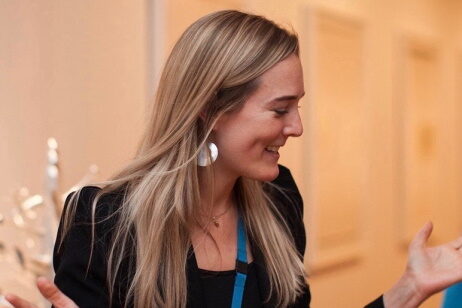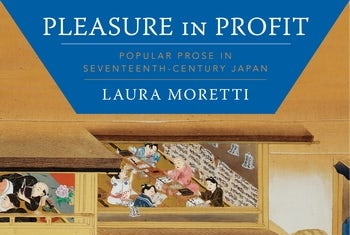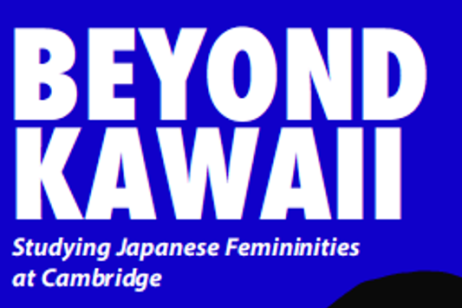25 March 2021
British and Japanese Charities Historically Compared
Since the Great Hanshin-Awaji Earthquake in 1995, Japanese people have started to encounter unfamiliar words and deeds such as ‘volunteering’ and ‘charity’ on the TV news and in magazines and newspapers. Before that disaster, the existence of charity in Japan was rarely noticed, although of course that does not mean that there was no indigenous tradition or practice of charity. Professor Shusaku Kanazawa will talk about the peculiarity of Britain in terms of charity through the lens of some Japanese observers in the 19th and 20th centuries.
Fully bookedMore info



